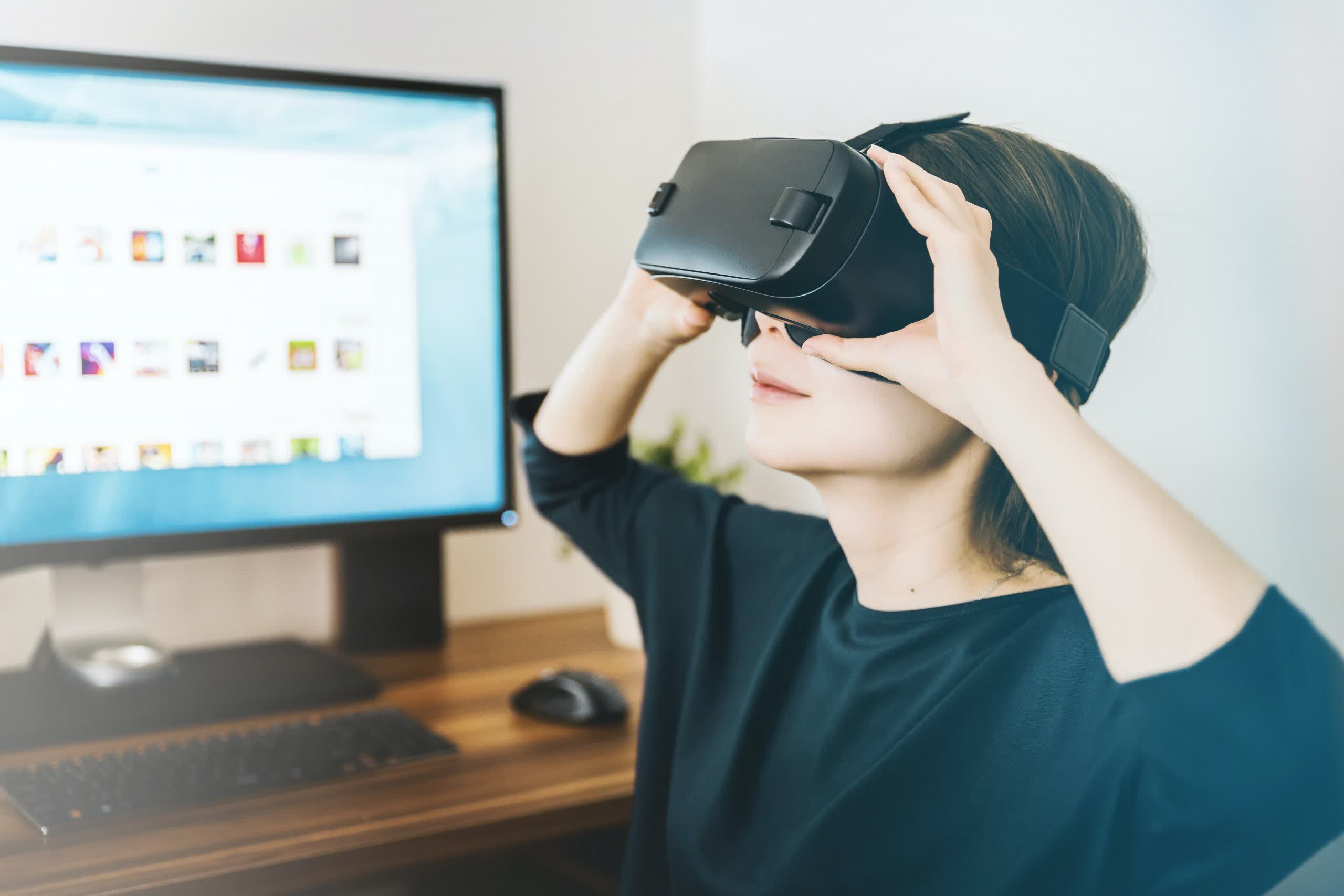The big picture: Netflix has signed a new deal with the producer of Bridgerton, which has introduced the ideas of potential virtual reality and gaming content as well as live events and experiences. These products might be presented as only tangentially related but could be the foundational pieces Netflix requires to establish their foothold in the burgeoning market of remote attendance.
In the not-so-distant future, it is possible that you may be able to sign into Netflix and pop on your VR headset to remotely attend events that previously required a trek across America and an expensive hotel booking.
A new partnership between Netflix and Shondaland Media, "extending their creative content relationship," poses the potential of gaming and virtual reality content. This partnership also includes a merchandising deal that includes live events and experiences.
While Netflix has been wary in the past of VR, their CPO, Greg Peters, has previously explained their approach to the technology. At the annual Netflix Lab Days event held at their headquarters in 2018, Peters said he believes VR to be a medium suited more for gaming than the type of content that Netflix offers its customers.
Netflix's current co-CEO and co-founder, Reed Hastings, was on the other end of this equation in 2000 when Netflix was the bright young innovator, discussing the idea of selling to Blockbuster - and we all know how that turned out. It would be hilariously ironic if his company were to suffer the same fate as the giant they'd slayed by refusing to interface with the future and denying the power of new technologies.
Perhaps Netflix's leadership has begun to engage in futurist thinking, or maybe their hand has been forced by the heavy engagement in VR technologies by their primary rivals. Whatever the cause, this new announcement opens the floodgates of exciting extrapolation.
The catalyst for this line of thought comes from both possible VR content and live events and experiences being included in the same announcement. Like the wave of workers choosing to quit their jobs instead of giving up their ability to work remotely, there is a push in the realm of media events to allow for remote attendance. The next step this form of media is going to take is moving into the VR space.
Those with increasingly accessible VR gear could see a world of possibility open up. The disabled, financially challenged, the socially inept, or just plain introverted could remotely enjoy events that have never even been on the table for them before. They could attend virtual watch parties for their favorite Netflix shows, watch sporting events in HD - right up in the action - or see their favorite game developer announce their newest titles in real-time.
An update on BlizzCon: https://t.co/XLuqKWKJt5 pic.twitter.com/DQkzOMBKwJ
--- Blizzard Entertainment (@Blizzard_Ent) May 26, 2021
Blizzard's Blizzcon was moved to a fully digital form for the second year in a row. The musical artists Marshmello and Travis Scott have hosted full concerts in Epic Games' Fortnite (the latter being a stunning event where a skyscraper-sized Travis Scott dances through a psychedelic, laser-blasted skybox. Man, that would have been really cool to see in VR). Movie theaters saw a drastic shift away from their businesses to at-home viewing.
While initially the abrupt shift to remote attendance was instigated by the Covid-19 pandemic, it is becoming clear that this upset to the status quo of media consumption has opened a Pandora's box that will leave the industry's leaders a simple choice: cater to this new form of media or lose some of their market share to the innovators that will.
Image Credit: Jan Vasek
